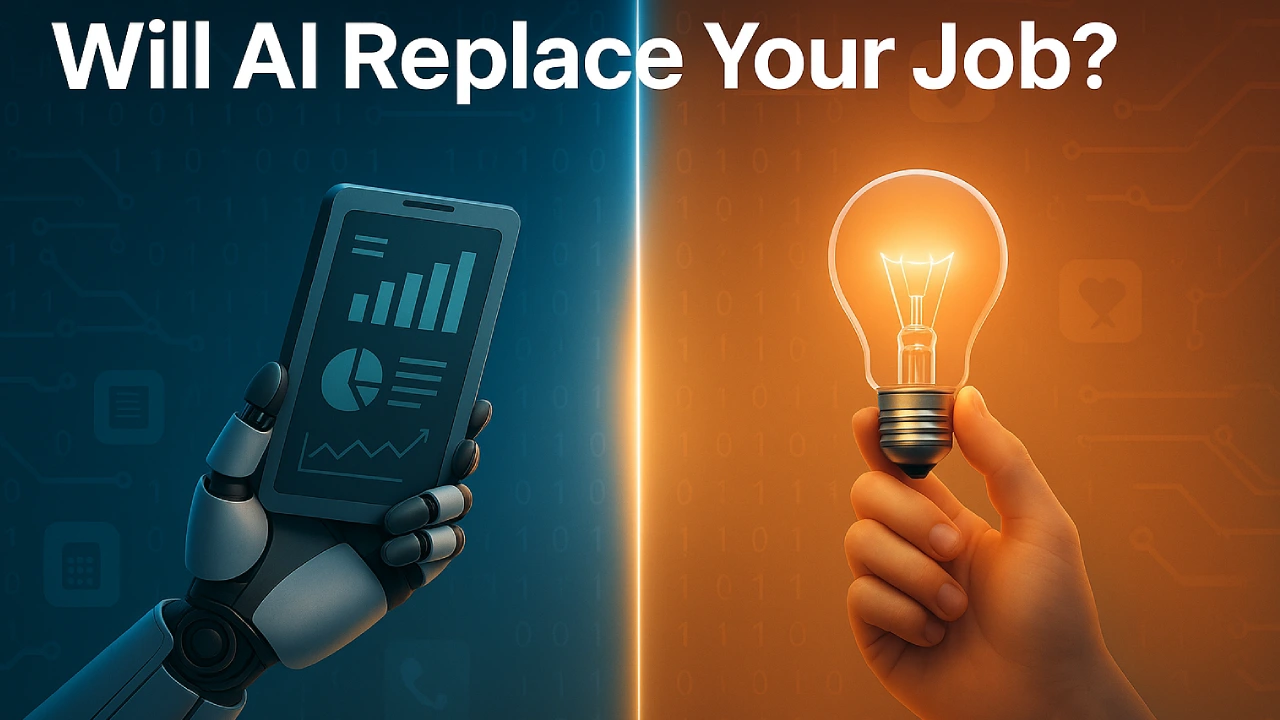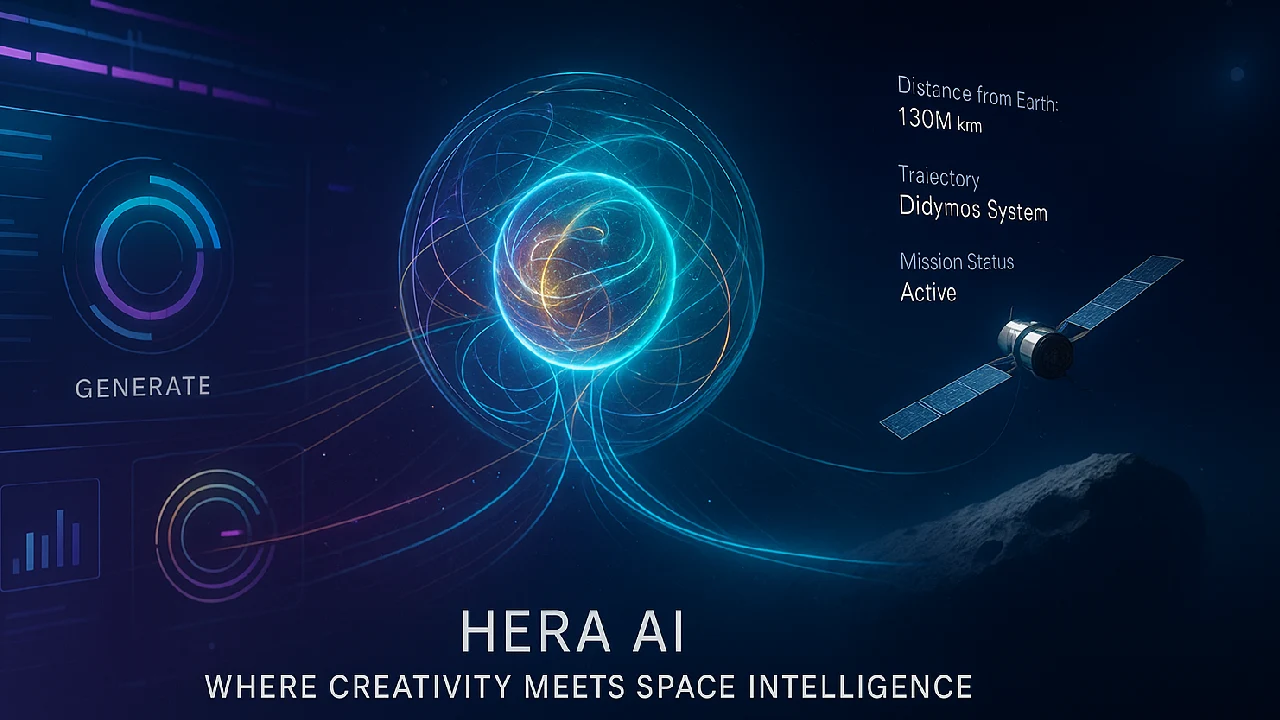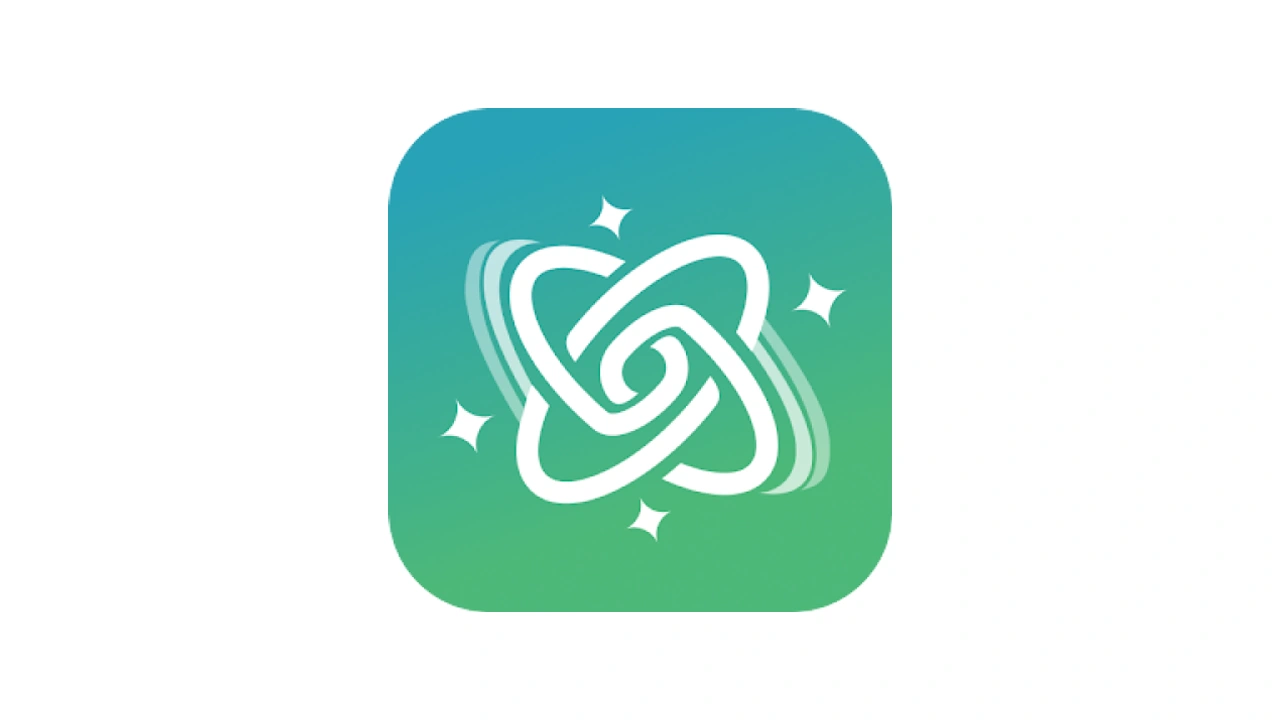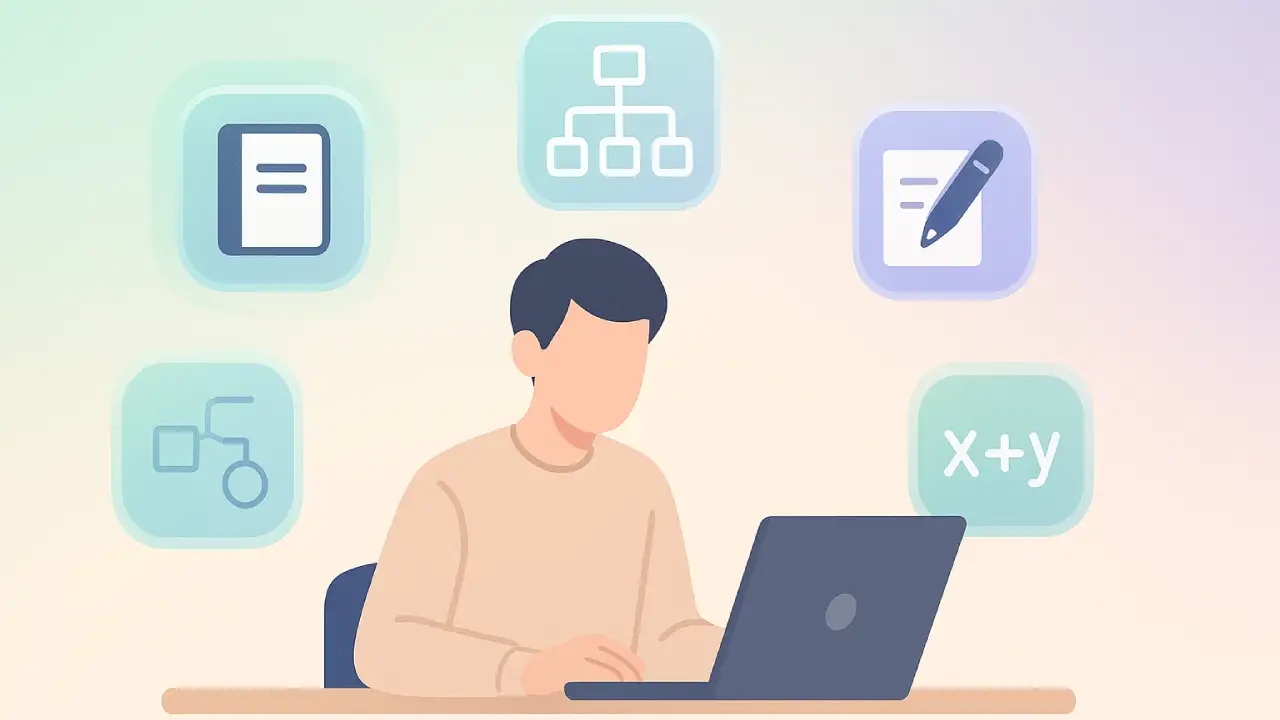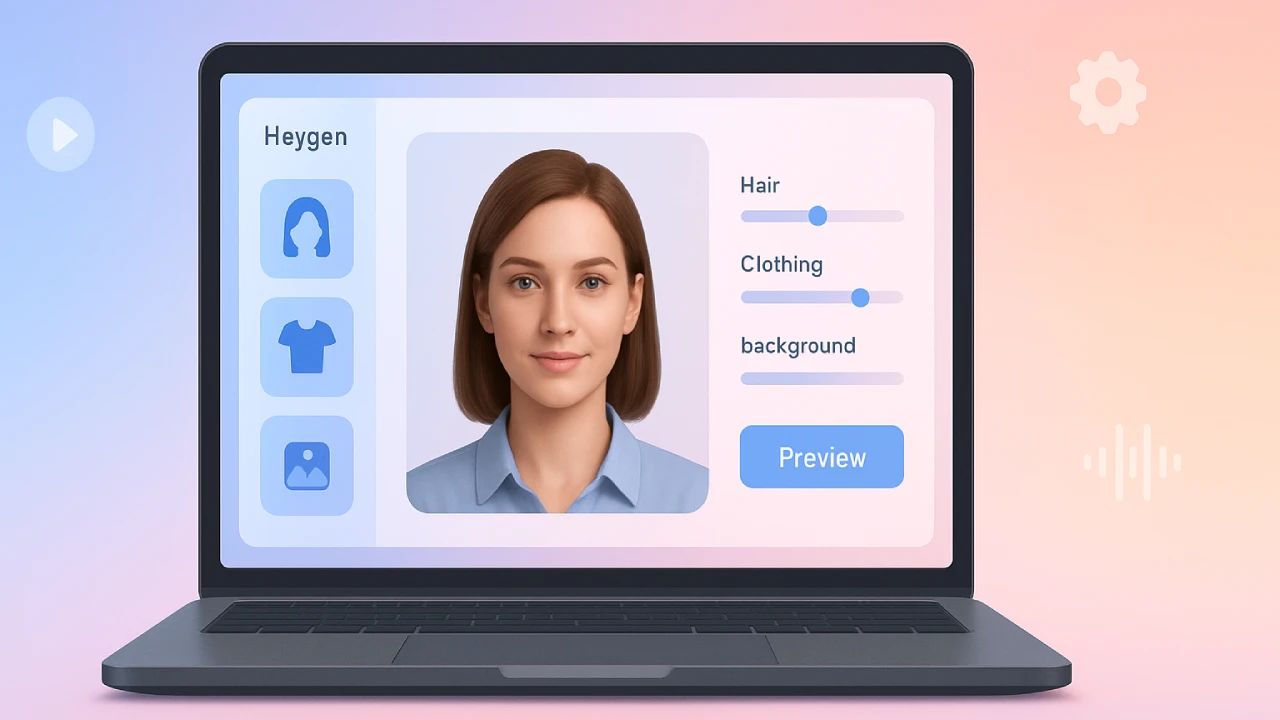Will AI Replace Your Job? Artificial intelligence (AI) is no longer confined to tech labs or futuristic fiction. From self-checkouts and chatbots to financial analysis and robotic surgery assistants, AI is steadily integrating into workplaces. This raises a critical question: Will AI replace jobs by 2030, and if so, which ones?
In this blog, we’ll explore the jobs AI will replace by 2030, safe roles, and industries most at risk. Understanding how AI will affect jobs in the future is crucial for anyone hoping to stay competitive in the job market, be they a student, working professional, or HR leader.
Will AI Replace Jobs?
Yes, but not all of them. According to the World Economic Forum, AI and automation will disrupt around 85 million jobs globally by 2025 but also create 97 million new roles better suited for machines and humans working together.
AI job replacement is not about machines stealing work; it’s about transformation.
What Jobs Will AI Replace by 2030?
Some jobs are more vulnerable to automation because they involve repetitive tasks, clear rules, and minimal emotional intelligence. Here’s a list of roles AI is likely to replace by 2030:
| Job Role | Reason for Risk |
|---|---|
| Data Entry Clerks | Highly repetitive, rule-based |
| Telemarketers | Scripted interactions replaced by AI bots |
| Cashiers | Self-checkout systems growing rapidly |
| Proofreaders | AI grammar tools are highly efficient |
| Manufacturing Workers | Industrial robots improving efficiency |
| Basic Customer Support | AI chatbots handle common queries |
These positions are most at risk because the AI working process excels in speed, consistency, and rule-based operations.
Will AI Replace Nurses?
While AI can support healthcare professionals, it’s unlikely to replace nurses entirely. Human empathy, touch, and situational judgment remain irreplaceable. However, there are already applications of AI.
- Automated vitals monitoring
- Diagnostic support systems
- Smart medication management
So, while AI will impact healthcare jobs, nurses are among the jobs AI will not replace, especially those in critical care or patient-facing roles.
Will AI Replace Accountants?
This is a hot debate. AI is already being used for:
- Auto-categorizing expenses
- Fraud detection
- Real-time financial reporting
But will AI replace accountants completely? No. Accountants still provide judgment, regulatory interpretation, and strategic insights. Instead, the role will evolve from number crunching to advisory and analysis.
Jobs That AI Will Not Replace
Not all careers are under threat. Here are jobs AI will not replace, at least not in the foreseeable future:
- Teachers and Educators—AI can’t replace emotional intelligence and personalized instruction
- Healthcare Professionals (Doctors, Nurses, Therapists)—Empathy and real-time decision-making are key
- Creative Roles (Writers, Designers, Musicians)—AI can assist but not replicate original thought
- Skilled Trades (Plumbers, Electricians)—Require physical manipulation and complex decision-making
- Leadership Roles—AI can provide data, but humans lead with vision
These are often called AI-proof jobs because they demand creativity, emotional depth, or physical presence.
AI Job Replacement vs. Human Skills: What’s the Future?
Here’s a simple way to see how AI vs. human jobs plays out:
| Human Skill Needed | AI Threat Level |
|---|---|
| Creativity | Low |
| Emotional Intelligence | Very Low |
| Physical Dexterity | Medium |
| Pattern Recognition | High |
| Repetition & Data Entry | Very High |
If your job focuses heavily on human traits like empathy or creativity, it’s safer from AI automation.
How to Stay Relevant in the Age of AI
To future-proof your career against AI job disruption by 2030, consider:
- Upskilling in digital literacy and data interpretation
- Building soft skills like communication, empathy, and leadership
- Focusing on hybrid roles that combine human and machine capabilities
Remember, the future isn’t about AI replacing humans; it’s about AI empowering people.
Final Thoughts: Should You Be Worried?
AI is undoubtedly changing the way we work. But instead of asking, “Will AI replace me?” a better question is, “How can I work with AI?”
Jobs will continue to evolve, and the workforce of 2030 will look very different. AI will not replace those who adapt, learn, and innovate, but rather thrive alongside it.

